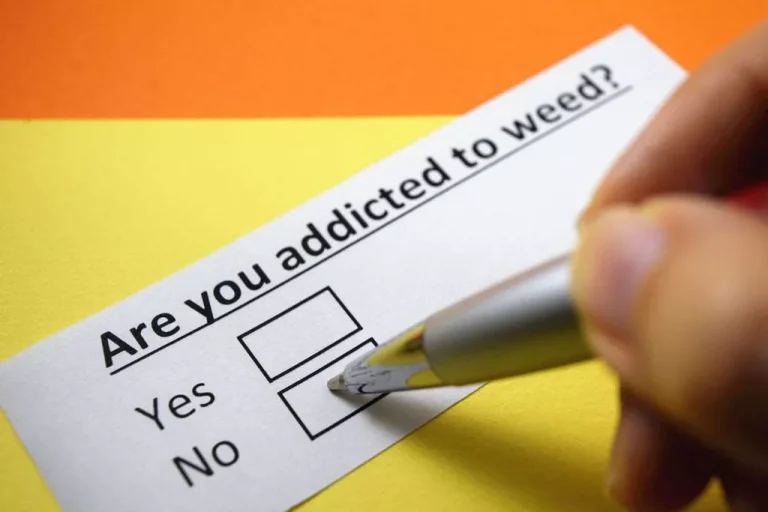
Participating in self-help groups such as 12-step programs provides a platform for individuals to share their experiences, gain strength, and attain sobriety. Connecting with people who share similar challenges can lessen feelings of isolation and facilitate progress in overcoming addiction. While it’s true that drinking can temporarily satisfy your emotional needs and desire for attention, this reprieve is short-lived and often leads to alcohol-related problems and dangerous situations. Understanding the link between your addiction and narcissism allows you to be more mindful of the factors that contribute to your drinking problem.

Understanding the Alcoholic Narcissist
The fact that other people bear the brunt of the adverse side effects sets NPD apart from most other disorders. The person with the disorder is often the last to experience consequences as they manipulate others to protect themselves. Some mental health conditions are likely to occur together, and when they do, they’re called co-occurring disorders. Alcohol use disorder and narcissism are narcissism and alcoholism common co-occurring disorders, and in some cases, the symptoms of the two conditions may present similarly [1]. Substance abuse preys on one’s low self-esteem and some may be genetically predisposed. In 2008 the American Psychological Association described studies that showed at least half of an individual’s susceptibility to drug abuse and addiction could be linked to genetic factors.
Narcissistic Traits in Alcoholics
The American Psychiatric Association describes narcissism as a personality disorder that produces a pattern of behavior involving a lack of empathy for others and a need for consistent and excessive validation. A person with narcissistic personality disorder may have an inflated or grandiose sense of self-importance or worth and experience feelings of entitlement. Narcissism is a personality disorder that may cause individuals to display grandiose and self-involved behaviors. Narcissism and alcoholism may both share similar characteristics and can occur at the same time. Recognizing these links traits may enable individuals to seek appropriate help in managing these conditions. The Dark Triad of personality—narcissism, Machiavellianism, and psychopathy (1)—attracted enormous research interest in the past decades.
How to cope with the challenges of relating with narcissists or addicted people
It’s possible to have a narcissistic personality disorder (NPD) as well as an alcohol use disorder (AUD). Narcissistic personality disorder can be one https://ecosoberhouse.com/ of the more challenging mental health conditions to treat. It’s important to understand that narcissism is a personality trait, not a mental illness.
- In 2016, a survey revealed that 21 million Americans, or one in seven, suffer from a substance abuse disorder, and only 10% seek treatment (Hafner).
- But beneath this mask often lies a fragile ego, desperately seeking admiration and validation from others.
- When exploring the connection between alcoholism and narcissism, it is crucial to understand the cyclical relationship that exists between these two conditions.
- The combination of high grandiosity, low self-esteem, and vulnerable narcissism can create a powerful fuel for a self-destructive cycle.
What is a Narcissistic Alcoholic?

However, some with NPD may not be aware of how their behavior affects others. It’s increasingly common for someone to be diagnosed with a condition such as ADHD or autism as an adult. A diagnosis often brings relief, but it can also come with as many questions as answers.

Narcissism and Addiction: A Dangerous Combination
A narcissist struggling with addiction might engage in even more boastful behavior, taking unnecessary risks to prove their superiority. It’s like watching someone constantly trying to one-up themselves, pushing the boundaries further and further. Substance use can temporarily boost confidence and reduce inhibitions, allowing the narcissist to feel even more special and grandiose. This artificial boost can become addictive in itself, leading to increased substance use to maintain this heightened state. Narcissism, contrary to popular belief, isn’t simply about loving oneself too much. It’s a complex personality trait that, in its extreme form, manifests as Narcissistic Personality Disorder (NPD).
- That change, Malkin says, is about learning to open up to and depend on loved ones and friends in healthy ways.
- Substance use can temporarily boost confidence and reduce inhibitions, allowing the narcissist to feel even more special and grandiose.
- This study concluded that people with grandiose narcissism are more able to evaluate and recognize their problems with alcohol than people with vulnerable narcissism.
Is it common for narcissistic individuals to struggle with substance abuse?
With both conditions, the benefits of therapy depend on your willingness to work on yourself. It’s possible for people with AUD to successfully stop using alcohol when they have the right support and treatment. If you think that you or a loved one has NPD or AUD, knowing the symptoms can help you better understand both conditions. You might also consider seeing a therapist who can provide you with coping tools and a means to sort out your feelings. This is especially true if you have conflicted emotions and are reluctant to speak with others who might judge you or your relationship. Reach out to loved ones you trust who can walk with you through the recovery journal.
- They may also struggle with feelings of entitlement and have difficulty taking responsibility for their actions.
- Recovery also involves learning to navigate relationships in a healthier way.
- However, other individuals may benefit from alternative approaches, such as cognitive-behavioral therapy or holistic therapies like yoga and meditation.
- It can provide a false sense of confidence, grandiosity, and superiority, which align with the core traits of narcissism.
- People with a pattern of narcissism often turn to alcohol to reinforce a false sense of grandiosity.
Here, we aim to explore the relationship between alcoholism and narcissism as they frequently go hand in hand and reinforce each other. Understanding this connection is crucial for effective treatment and recovery. Many individuals with narcissistic personality disorder (NPD) turn to alcohol as a coping mechanism, complicating their path to sobriety.
If you answered “yes” to most of the questions above, speaking with a therapist might be a good idea. Regardless, it’s always a good idea to look for mental health help if you’re experiencing something that causes you distress. In other words, those who had narcissistic tendencies were more likely to use alcohol and experience problems because of alcohol use. These overlapping traits can make it hard to distinguish alcohol misuse from narcissism. In some cases, someone who’s misusing alcohol may display similar tendencies to narcissistic people — or at least, it might come across that way to those around them.
- An integrated approach addressing both NPD and AUD is often necessary, with a focus on improving self-awareness, empathy, and coping mechanisms to manage the addiction.
- Traditional addiction treatment approaches often need to be modified to address the unique challenges posed by narcissistic personality traits.
- While narcissism is a personality disorder and alcoholism is an addiction, narcissists and alcoholics share several characteristics.
- Some mental health conditions are likely to occur together, and when they do, they’re called co-occurring disorders.
- Narcissism and drug use are strongly linked, with many narcissistic individuals using drugs to enhance their sense of power and control over others.
- Healthcare professionals may also use the Narcissistic Personality Inventory to diagnose narcissism.
Medications like Campral, Topamax, and Revia have greatly improved AUD recovery rates. With any mental health condition, the outlook is almost invariably better if you are treated than not treated. If you are struggling with addiction and narcissism, therapy can be essential to your recovery journey. It may involve therapy, support groups, and other forms of ongoing treatment. For example, a study published in the Journal of Clinical Psychiatry found that people with NPD were more likely to have a substance use disorder than people without the disorder. People with narcissistic tendencies often believe that they are better than others and deserve special treatment.


0 responses on "Whats The Relationship Between Alcoholism And Narcissism"